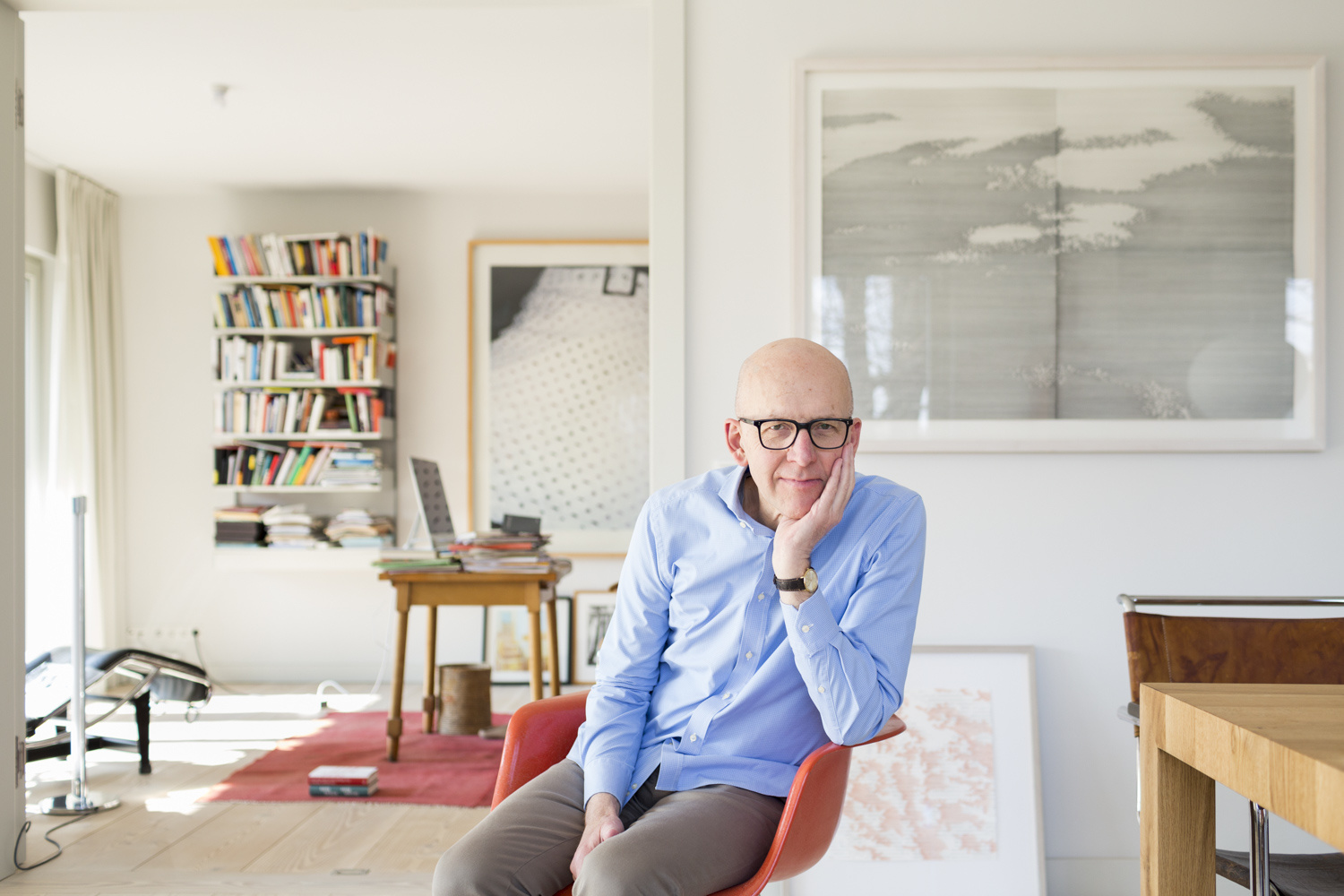- Event
- Lecture
Where from and where to in Europe?
Thu, April 27, 2017 7:00 pm CEST
- Location
- Media Theater
“Everything can come back. But nothing comes back as it once was. There is no return” – Peter Frankopan
Uncertainty and disorientation currently characterize the mood of Western democracies. Globalization, digitalization and the planned transatlantic trade agreement are viewed as a threat to individual identities by an increasing part of the population. The relationship of the individual to the world is altering: it has become more complicated and confusing.
This development is accompanied with a yearning for the past. The »good old days« are once again deemed the future model, as a time with seemingly more values, more satisfaction and, above all, more security than the perceived threats of the present day.
In Great Britain, the answer to globalization and the European crisis is to be Brexit. In the USA, an absurd president wants to make America great again by isolating it. Even the »Islamic State« is a model whose organization focuses on the past. The special national path is considered the new old remedy, fulfilling the yearnings for a new clarity.
Unanswered remains the question: How are the problems of the present meant to be solved with old concepts?
In the follow-up to the “Art in Europe 1945-1968. The continent the EU doesn’t know” exhibition, which took place from October 2016 until the end of January 2017 at the ZKM and can currently be visited in Moscow at the Pushkin State Museum of Fine Arts, Heinz Bude, Professor of Sociology at the University of Kassel, asks what idea, which concept Europe should incorporate into the future:
“Europe is neither the continent of human rights nor that of the welfare state. These would both be very lofty ideas of our region, which still makes up six percent of the world’s population over the medium term. Which origin promises what future here? Athens, Rome, Istanbul and Jerusalem are names of experiences, which have something to tell us.”
